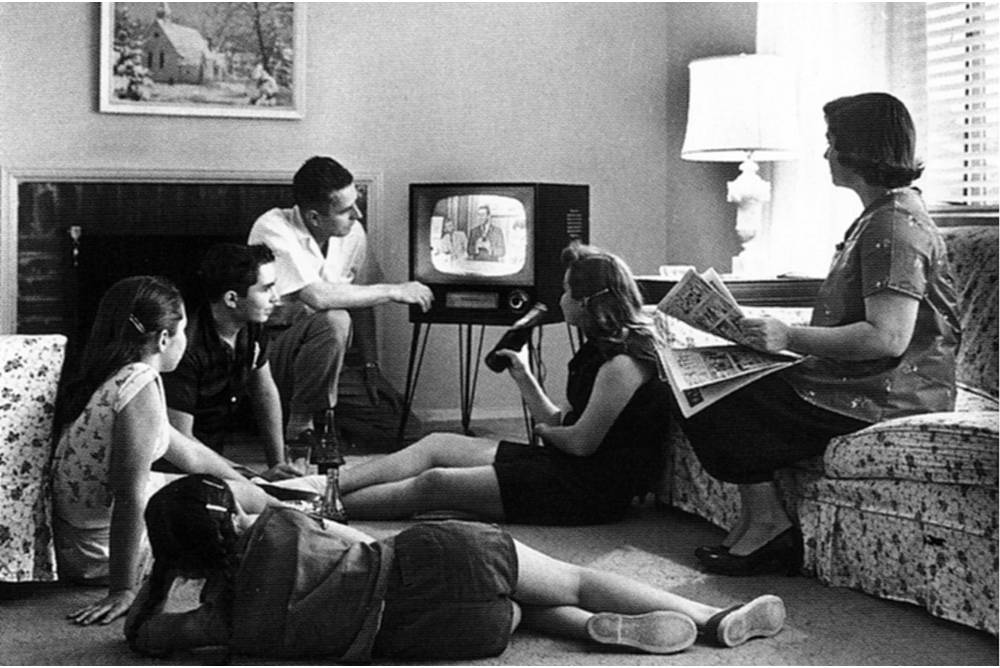Do you still take all decisions relating to the long-term profitable growth of your brand? The answer probably is yes. After all, the brand belongs to your enterprise and it is your job to ensure that it stays in the pink of health.
Unfortunately, as Bob Dylan warned: ... admit that the waters / around you have grown / and accept it that soon / you'll be drenched to the bone / if your time to you / is worth savin' / then you better start swimmin' / or you'll sink like a stone / for the times they are a-changin'.
Today’s customers are no longer satisfied being passively involved with the brand they patronize; they wish to be actively engaged with a brand because they subliminally believe that it belongs to them. Legally the brand belongs to the enterprise, but emotionally its ownership rests in the hearts of customers.
Watch a video of this episode or continue reading
Episode 10 - New Rules of Business
This usurping of ownership coincided with the introduction of smartphones and other smart devices. These devices are 24x7 connected to the internet, and have the power to broadcast and amplify the voices and opinions of customers across the globe at the tap of a finger.
Armed with these smart devices, customers have been exercising this newfound power with glee by pouring out their opinions, feelings and experiences for the rest of us to consume. And the rest of us lap up this content and also make decisions based on them.
Unfortunately, most enterprises have chosen to ignore this tectonic change in consumer behaviour.
Has any enterprise been foolish enough to embrace a strategy of involving its consumers in making brand decisions?
Several tech companies, including Uber, eBay and Airbnb have not only embraced this strategy but have taken it a few notches higher. They have ceded near complete control to their customers.
Customers have enthusiastically accepted this opportunity. After experiencing the brand, they share their experiences on review sites, blogs and social networking sites. And the rest of us consume this content gleefully and more importantly, take decisions based on it. Tech companies call this new breed of customers, prosumers - customers who are producers as well as consumers of that content. Prosumers have imparted competitive advantage to brands and enterprises.
Take Airbnb. It's website carries listings by hosts and reviews by users. A host is rated based on user reviews. If a host promises a benefit but reneges on delivering it, the users who were at the receiving end of this terrible experience will vent their frustration on the website. This will be read by us. Since believability for this content is higher, we will start shunning this seller, whose business will suffer. Hence, transferring ownership of the brand to the consumer makes the business self regulating.
Does this strategy work only for tech brands? Is it as effective for brands developed by traditional brick-and-motor enterprises?
Well, customers who engage with tech brands also consume brands made by brick-and-mortar companies. And their behaviour is agnostic to the origin of the brand.
Pepsi, a blue blooded traditional brick-and-mortar company, has embraced this strategy of handing over its brand to its customers.
To execute this strategy, it has chosen arguably the biggest platform in India—the Indian Premier League (IPL). Pepsi has announced that during the IPL, it will air TV advertisements made by its customers. Here's how it will work: customers shoot commercials and upload them, other customers vote on them and a jury selects the winning entries which will be broadcast during the IPL.
Will these TV commercials be as good as the ones created by Pepsi? Maybe, maybe not. But what Pepsi is banking on is, igniting interest in brand Pepsi and creating a buzz.
This strategy puts in play a principle of behavioural science - effort justification. Things we put an effort in, appear more valuable to us. Even if the commercial is not a blockbuster, the rest of us will applaud the efforts of people like us.
But will customers take the trouble to participate? The 1:9:90 rule comes into play here. Merely 1 percent of customers will take the initiative to make an ad; only 9 percent will take part in voting; and 90 percent will passively enjoy and applaud this initiative.
But in one masterstroke Pepsi would have transferred the ownership of the brand from its headquarters to the hearts of customers.
Indeed, handing over the reins of your brand to your customers is a decision fraught with risk. But the risk in following this path is much lower than the risk in not following it.
So go ahead and hand over the reins of your brand to your customers till they say 'it is my brand'. Can you or your enterprise ask for more?

